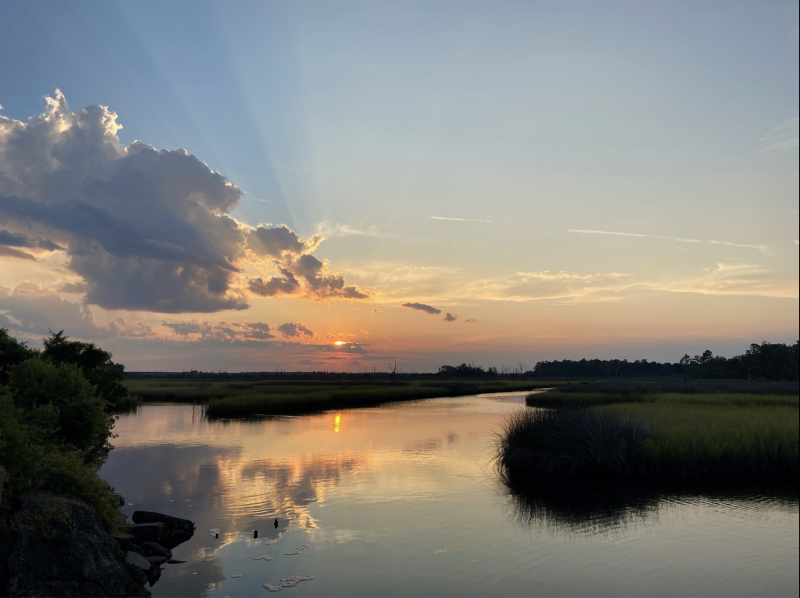
The Georgia coast captivates with stunning beauty, yet exists in fragile balance. Brunswick and Glynn County residents—where poverty rates triple national averages—face serious health risks from four active polluting industries and 17 hazardous waste sites, including 4 Superfund locations. Since 1990, the Glynn Environmental Coalition has championed a clean environment and healthy economy, monitoring water and air quality while pushing for toxic site cleanup. The nonprofit advocates for the well-being of all community members affected by impaired air quality and unsafe seafood consumption. Their vital fish consumption guides protect families throughout the region, with focused outreach to low-income areas bearing disproportionate pollution exposure. Their work safeguards crucial marshlands comprising one-third of the Atlantic seaboard’s wetlands. Through community organizing, academic partnerships, and EPA-recognized leadership, GEC ensures officials hear the voices of vulnerable residents most affected by industrial contamination.

Tall stacks release steam as raw timber, typically Southern Yellow Pine, is transformed into wood pulp. Production facilities such as these are a common sight in coastal Georgia’s industrial landscape. Source: Harriet Festing
From their Brunswick headquarters, GEC’s small staff secures funding to bring in independent scientists who cut through the bureaucratic language of Superfund documents, making crucial pollution information accessible to everyone in this community that sits just twelve feet above sea level. Their Safe Seafood Initiative provides contamination information, while citizen science programs teach 15,000 residents to collect environmental evidence. Initially focused on Glynn County, they now work with partners across coastal Georgia. Their vital work has earned support from the National Coastal Resilience Fund and the EPA’s Environmental Justice Collaborative Problem-Solving Program. The Sapelo Foundation funded GEC to establish the Golden Isles Coastal Resiliency Network, ensuring residents themselves lead planning processes for climate change solutions. Currently, GEC partners with Center for a Sustainable Coast in a legal battle against Sea Island Acquisition for filling wetlands in 2013, fighting for community organizations’ right to defend the Clean Water Act.